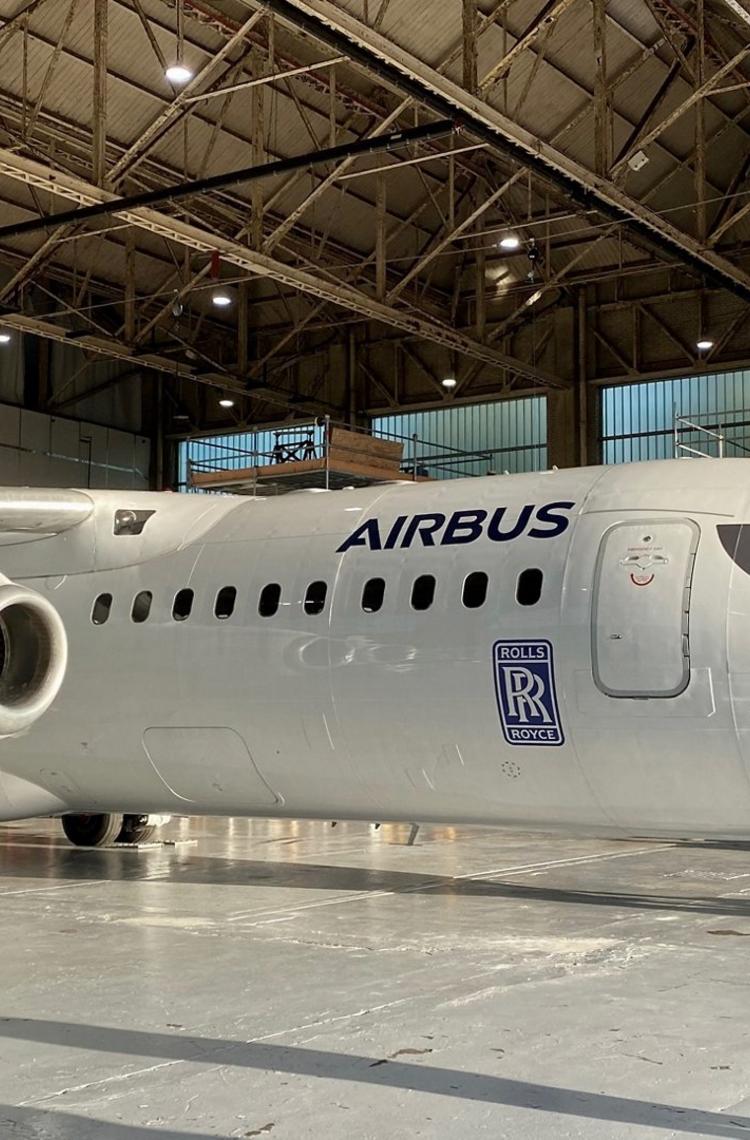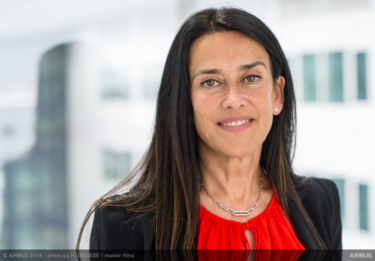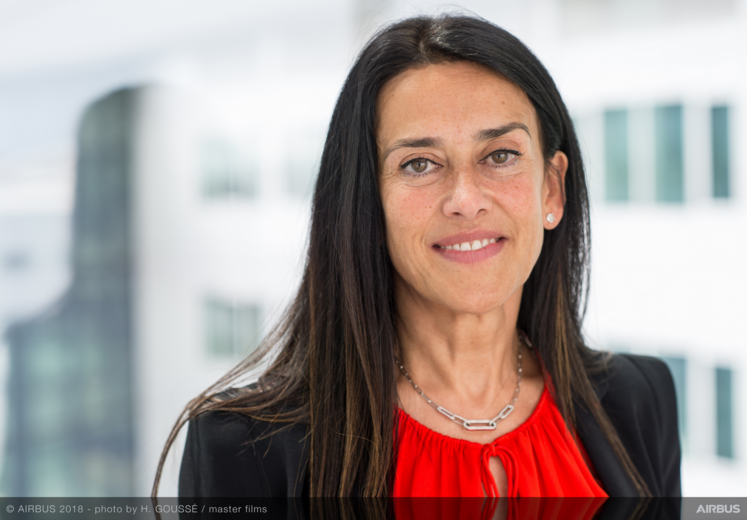Aviation connects and unites people. As people discovered the magic of flight, serving this fundamental need drove a steep growth in air travel. This increase led us to explore innovative technologies to ensure that future generations can enjoy flying as much as we do.
When I first started my career at Airbus, the notion of electric flight was considered a far-off pipedream. Today, it’s a reality. Airbus’ overriding goal remains unchanged: we’re fully committed to decarbonising aviation. We’re steadfast in our belief that there’s no world in which the future of air travel is not a sustainable one.
As we start to navigate the realities of a post-COVID-19 world, I’m more certain than ever that we need to continue full-speed ahead with our sustainability ambitions. In fact, given the unprecedented challenge of climate change, we at Airbus have been asking ourselves if we could take an even bolder approach to reduce CO2 emissions. Today, our answer is a resounding yes!
But decarbonising the aviation industry is no small feat. To achieve this, we need to re-focus all of our efforts on technology bricks that will take us there. It’s for this reason that Airbus and Rolls Royce have jointly decided to bring the E-Fan X demonstrator to an end. As with all ground-breaking R&T projects, it’s our duty to constantly evaluate and reprioritise them to ensure alignment with our ambitions. These decisions are not always easy. But they’re undoubtedly necessary to stay the course.
When we launched the E-Fan X project in 2017, we set out with the ambition to push the limits by testing disruptive technologies in a game-changing approach to future aircraft. And we did just that: E-Fan X has shattered pre-conceived notions of what is possible in future flight. This helped us to pave the way for an industry-wide decarbonisation movement of which we’re proud to take the lead.
To say we’ve learned a lot from this demonstrator project would be an understatement. Over the past three years, each successful E-Fan X milestone has offered us rich insights for the future, including:
-
Serial hybrid-electric propulsion: Hybrid architectures, high-voltage systems and batteries are indispensable technology bricks for several other demonstrator projects across our wider R&T portfolio to diversify power sources. We will continue to develop and mature them at our E-Aircraft System Test House.
-
New pathways for disruptive CO2 reduction: Exploring the possibilities—and limitations of—serial hybrid-electric propulsion also opened up inquiry into new technology pathways. Hydrogen being one of them, which is equal parts a huge opportunity as it is a new challenge.
-
Future certification and regulatory acceptance: From the start, we have been consistently delighted by our customers’—and indeed, the entire aviation ecosystem’s—overwhelming enthusiasm for E-Fan X. With our research partnerships on hybrid-electric and hydrogen airport infrastructure and operations, we will have laid a foundation for the future industry-wide adoption and regulatory acceptance of alternative-propulsion commercial aircraft.
Thanks to these key learnings, Airbus has developed a more focused roadmap on how to progress on our ambitious decarbonisation commitments. A lofty achievement for a first-of-its-kind demonstrator like
E-Fan X.
As we head into the future, I would like to sincerely thank all partners, engineers and designers—at Airbus and beyond—who have tirelessly brought their expertise, passion and engagement into driving this pioneering project. I’m extremely grateful and proud of the team: you’re an amazing group of bold, talented and dedicated professionals! Also, I’d like to thank Paul Stein, Rolls-Royce CTO, and his team for an extraordinary partnership on E-Fan X. I invite you to read Paul’s moving statement here. It’s through cross-industry partnerships like these that the aviation industry will bring competitive zero-emission solutions to the future of flight.
Although E-Fan X will not take to the skies, I strongly believe that its spirit will live on as we continue on our journey towards climate-neutral flight.
It’s a journey that we’re all on together. And only together, we will succeed.
Grazia Vittadini
Airbus Chief Technology Officer


